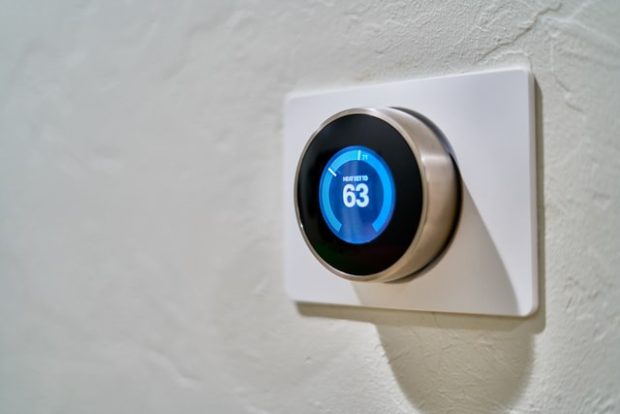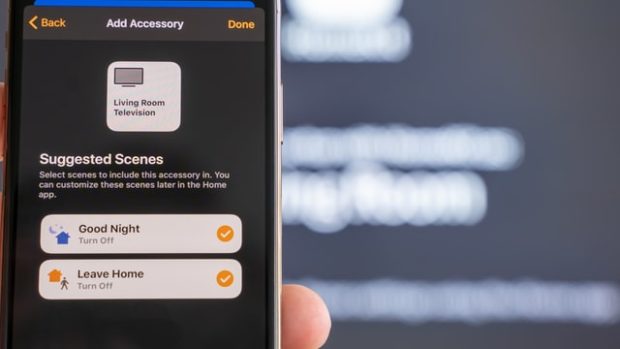When we talk of smart, luxury homes, what comes to mind? Polished and modern houses built and equipped with the latest tools and technology to help elevate the homeowners’ lifestyle.
Imagine the lights opening instantly to welcome you once you step inside your home, thermostats to keep track and regulate your desired home temperature, regularly watering house plants and lawns through timed sprinklers, and so much more. The possibilities of elevating your lifestyle with a luxurious touch and technology-based home are literally within your reach.
Elevating your lifestyle to include home automation is a process that can help you live comfortably and securely. Make your home answer your every need. By utilizing internet-powered devices, such as smart TV, smart locks, and smart light bulbs, a user can expect seamless remote monitoring and management powered by the Internet of Things (IoT). Having smart home systems and devices operating in sync is the key to making your home convenient for your every need.

As smart and luxurious as it may sound to have your home device automate to your liking, security threats are not far behind. There are rampant incidents wherein hackers breach your smart home system, alter your password, watch your every move, and make a calculated move to break inside your house. In most cases, it can feel traumatic and threatening.
These smart tips and security measures ought to keep the hackers at bay. Become the master of your smart devices to keep your home safe and secure always in all ways.
Keep your smartphone secure
In home automation, your smartphone acts as your remote control that prompts commands to any device. To prevent other people from remotely hacking into your phone, keep it updated with the latest firmware version.

When downloading apps, do your due diligence and review the app permission prompts. Those app permissions are there for a reason. You don’t always have to agree to allow apps to take control of your device. Review the app permissions before allowing them to operate anonymously in the background,
For next-level protection, install a mobile security app to prevent malicious apps or codes from making commands. You can also select to have a fingerprint or facial recognition login whenever you are prompted to run any command to prevent hackers remotely taking control of your smartphone.
Avoid accessing your smart home network using a public or open Wi-Fi
The itch to check your closed-circuit television (CCTV) camera when you are not at home does more harm than good, especially if you choose to use a public connection to do it. While you can rest easy knowing that your home is safe and secure, the Wi-Fi connection might not be.
Public networks or open Wi-Fi are prone to interception because of their inadequate security protocols. Hackers can intercept and view the data being transmitted from your phone to your smart home. Remember: think before opening. You may be viewing your home from a distance, but you are also opening a can of worms.
Review devices log history from time to time
The IoT makes any smart device transmit, receive data, and act on a command, which it is designed to function. Your smart devices at home can be accessed using multiple devices in your household. Always do your due diligence in reviewing which devices are actively and routinely being used for any suspicious activity. This can be accessed via the settings.
Switch your home router settings to WPA2
This is a no-brainer. Whenever you install a new internet router inside your home, change the default password into a stronger one. When you are also connecting to the home network, switch your default connection from Wired Equality Privacy (WEP) to Wi-Fi Protected Access II (WPA2), or at least, Wi-Fi Protected Access (WPA).
WEP is an unsecured and weak encryption protocol, but it is still being used in some models because it may not support newer encryption models. WPA2 uses the latest security standards, including government-grade data encryption. Using WPA2 as your default security protocol not only maximizes your internet usage; it also cuts down potential network-probing attempts from outsiders.
Invest in smart devices that meet security standards
To have a seamless home automation experience, buy products only from manufacturers who take security and safety seriously. Read the label. Find out how many people trust the product. Learn their security transmission protocols. Manufacturers that are big on security and privacy take their time doing penetration or vulnerability tests and regular security audits to ensure their product is safe and secure to use.
Knowing fully well how your smart appliances work is also an excellent way to ensure you have complete control of your device. Double-check their encryption capabilities and always make sure they are on to prevent attempts in compromising sensitive data.
Locking down on home security
The price you pay for a smart security device is only as good as your precaution. Take the time to become the master of your smart device, and don’t let it be under the control of someone else. Staying in a smart and luxurious home is nice, but having the peace of mind, knowing that your smart devices are truly safe and away from prying eyes, is a priceless thing.
Serene Yu is the Vice President of New Manila San Juan, the premiere real estate marketplace for luxury properties in the Philippines. She loves to keep up with the latest trends in real estate, interior design, and technology.
